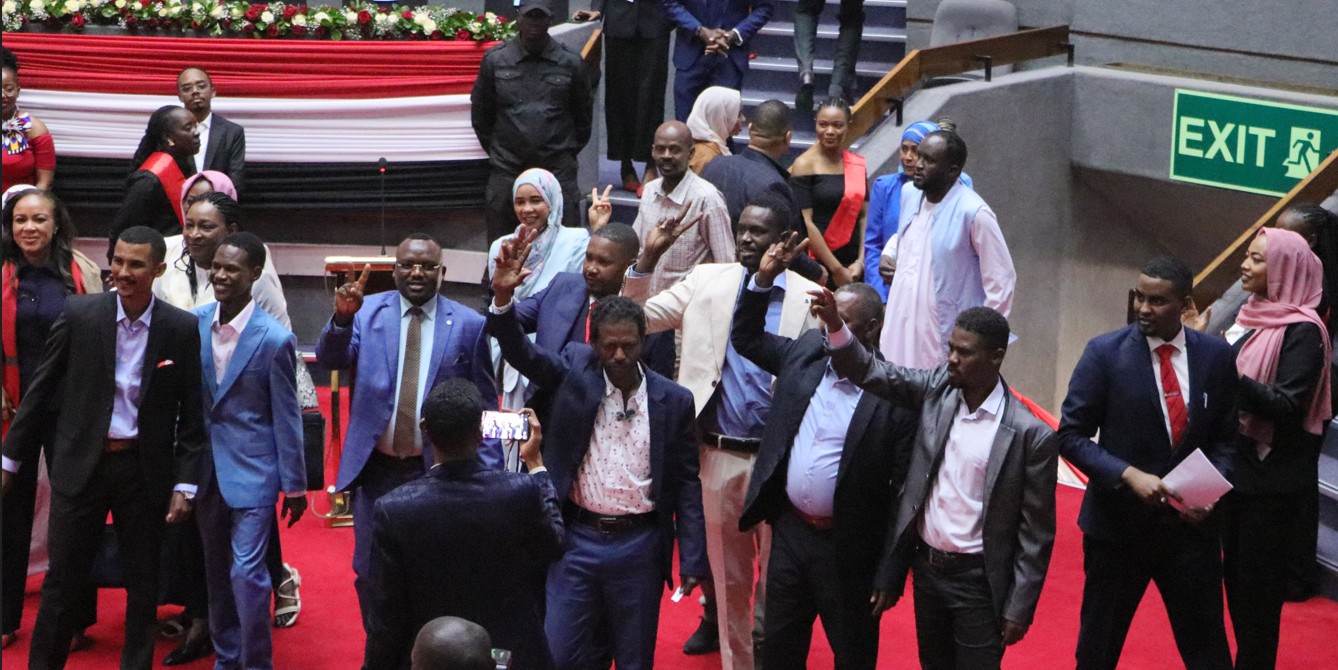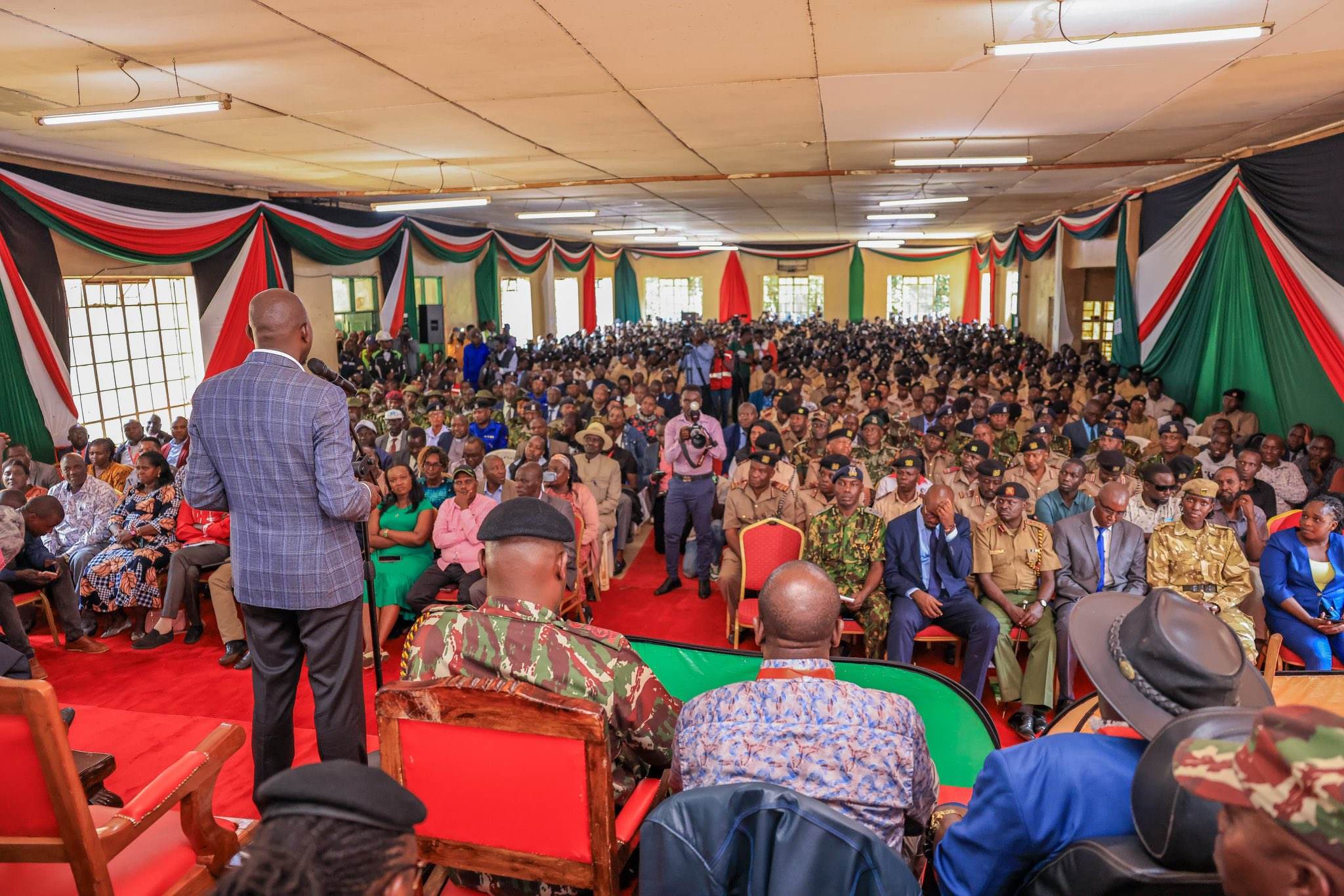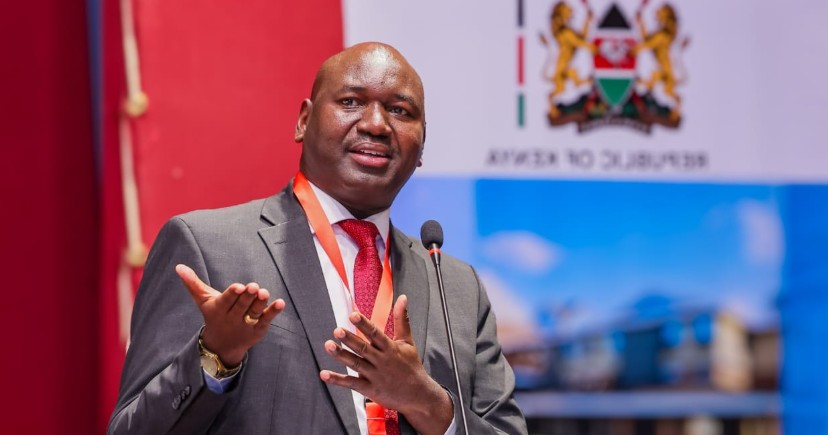Report recommends granting punitive powers to Auditor-General and Controller of Budget

The report urges lawmakers to amend existing laws to allow the two oversight bodies to not only operate more independently but also enforce their recommendations.
The offices of the Auditor-General and the Controller of Budget could soon gain powers to take punitive action against institutions that defy audit and budget rules, if Parliament adopts a report tabled by the Constitutional Implementation Oversight Committee (CIOC).
The report, which has already been endorsed by the Committee and presented to the National Assembly, urges lawmakers to amend existing laws to allow the two oversight bodies to not only operate more independently but also enforce their recommendations.
More To Read
- Public hospital patients may have received untested drugs, Auditor-General reveals
- Audit exposes gaps in university funding, shows how deserving students miss out
- CBK admits it lacks authority to shut illegal county bank accounts
- Sh1.6 billion paid to three unidentified companies prompts probe at Rerec
- Audit flags deep staff shortfall at Kenya School of Government
- Audit exposes fake firms, unsafe inputs and lost billions in Ruto's fertiliser subsidy plan
It also proposes increased funding to strengthen their capacity and ensure full accountability in public finance management.
The Committee wants Parliament to amend the Public Finance Management Act to align with Article 229(4) of the Constitution by compelling all public institutions to submit their financial statements within one month after the end of the financial year. Failure to do so would attract penalties against accounting officers.
“This amendment should require all public entities to submit financial statements within one month after the financial year-end, with clear penalties imposed on accounting officers for non-compliance,” reads the report.
“The legislative alignment is critical to eliminate reporting backlogs and restore effective parliamentary oversight.”
To address current budget constraints, the report proposes that the National Treasury increase the Office of the Auditor-General’s funding from the current 0.20 per cent to 0.50 per cent of national revenue while awaiting the passage of the Public Audit (Amendment) Bill, 2024.
The Bill also seeks to create the Auditor-General Fund to support operational flexibility and independence.
According to the Committee, the Auditor-General’s office lags behind similar institutions in countries like Uganda and South Africa due to limited autonomy and weak funding frameworks.
“Concurrently, Parliament should prioritise enactment of the Bill to constitutionally guarantee minimum funding, establish the Office of the Auditor-General Fund for operational flexibility, and clarify jurisdictional mandates,” the report states.
The Committee, chaired by MP Eric Muchangi, also proposes amendments to the Controller of Budget Act to enable the office to enforce its recommendations, lift restrictions on economic reporting, and impose penalties for financial violations.
“The National Treasury should implement the Office of the Controller of Budget–Central Bank of Kenya integrated payment system to track funds from expenditure approval and ensure accountability,” said Muchangi.
The report highlights the need to strengthen the capacity of the Controller of Budget’s office, urging the Salaries and Remuneration Commission to review pay structures for budget staff to curb the growing loss of experienced personnel.
The Committee raised concern that despite the existence of oversight agencies, wasteful expenditure continues across the public sector due to weak enforcement mechanisms. They cited ongoing cases of financial misuse by both national and county governments.
In the 2023/24 financial year, Controller of Budget Margaret Nyakang’o revealed that 47 county governments spent Sh284 million on travel expenses while still holding significant pending bills.
Meanwhile, 23 ministries acquired luxury vehicles despite failing to clear payments owed to suppliers. In another case, 12 counties spent more than Sh1.2 billion on renovations while medical suppliers remained unpaid.
While presenting the report in the National Assembly, Muchangi described the underfunding of the two institutions as the most dangerous threat to Kenya’s constitutional governance.
Top Stories Today















































